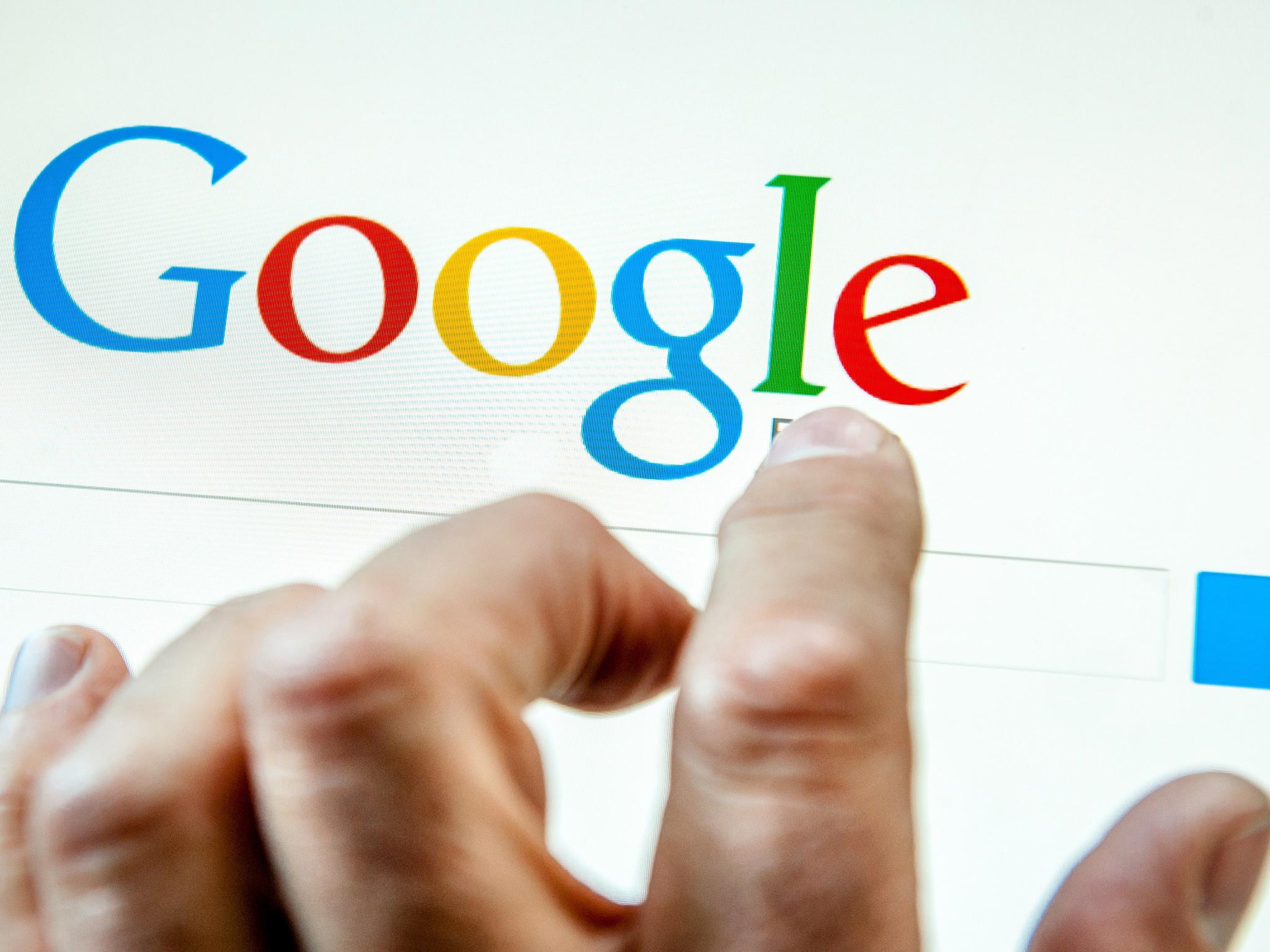In Sickness and in Health: I’m being sensible and avoiding Google’s horror show
To learn more about medical conditions or injuries, it's always worth heading to reliable places rather than plunging straight in

Last year, Rebecca’s husband, Nick, was hit by a car and seriously injured. Here, in one of a series of columns, she writes about the aftermath of his accident.
My best friend has given up drinking for January, the traitor. Still, good on her for giving her liver a break, if not for the smug messages she sends me about how much time she has to do things each evening.
The other night after dinner, she complained of a terrible headache. Her boyfriend wondered if it was due to giving up alcohol, so she searched for withdrawal symptoms on Google. What? Looking up terrible medical facts online? Did she want to spend the entire night awake worrying?
I have been very circumspect with my research both online and off since Nick suffered his traumatic brain injury. I read any information that his doctors presented me with, and I recorded every conversation we had – with their permission – so that I listen again later if I needed to unpick the medical terms.
It also meant that I could email the audio files straight to our families, rather than have them rely on the garbled version I would inevitably have relayed to them. Plus, fewer questions for me to try to answer. But I sensed that Googling brain injuries with gusto would not have a useful, or a happy, outcome.
I asked the experts to respect my ability to absorb information – if I said that I couldn’t take in any more, I wanted them to stop. A few ignored this, and had to deal with an outpouring of tears and snot. That’ll learn them, I thought at the time. I knew that when the time was right I would start my investigations. And when I did I went to sensible places – with specialist, brain-injury associations and medical websites to which I’d been directed, not just plunging in and seeing what horrors I could find.
I’ve taken the same approach to books, treading carefully and being guided by others. My mother-in-law lent me a copy of James Cracknell and Beverley Turner’s book Touching Distance about the athlete’s recovery from brain injury. I’ve yet to finish it, not because it isn’t fascinating and useful, but because he started getting better so much quicker than Nick did, I could hardly bear to read about him walking around and making phone calls, even if his impaired judgement while doing so had some pretty disastrous results.
More successful was Where is the Mango Princess?, another of my mother-in-law’s recommendations, written by the wife of a chap who was hit by a motorboat.
Reading it six months on from the accident, it gave me insight and hope, even if, once again, the speed of the subject’s recovery made me sick with jealousy.
I’ve watched a solitary TED talk, the utterly amazing “Stroke of Insight”, in which neuroanatomist Jill Bolte Taylor speaks about her experience of suffering from a stroke. This week I’ve been reading How I Rescued My Brain, a soon-to-be-released memoir published by Scribe, for work, but also for, well, not pleasure, but research. It’s gruelling and wonderful, and is giving me ideas about how to help Nick.
I maintain, though, that one of the best ways to help him is not to dive down every information wormhole and come out gibbering over other peoples’ prognoses and pain. Frankly, we both have enough to worry about without Google’s help.
Join our commenting forum
Join thought-provoking conversations, follow other Independent readers and see their replies
Comments
Bookmark popover
Removed from bookmarks